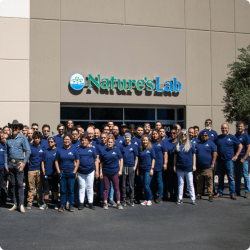

The use of herbs for health benefits goes back centuries with civilizations as early as the Sumerians documenting the use of regional herbs for various health purposes. Beyond just anecdotal use of herbs for health, we’re taking a closer look at scientific research to see how the unique properties of herbs provide benefits from head to toe.
Herbs not only add delicious flavor to food, they have concentrated sources of antioxidants, tannins, phenols, flavonoids, terpenoids and numerous other plant compounds. The antioxidants within herbs can help squelch free radical damage.* Some herbs and plants such as holy basil, turmeric, ashwagandha and rhodiola may even be classified as adaptogens that help the body respond to external stressors.* In general, adaptogens tend to enhance immune system function, mood and physical endurance.*
Herbs for Oxidative Stress

Oxidation can set off a chain reaction that can damage cells in any part of the body. With exposure to pollutants and other substances that cause oxidation on a daily basis, what can you do to offset the damage? The body creates its own antioxidant in the form of glutathione, but you can support this by adding additional antioxidants to your system. A diet consisting of vegetables, fruits and herbs will provide a great source of oxidation-inhibiting antioxidants.*
Studies show that taking in antioxidants is associated with better cognitive health, circulation, joint health, heart health and more.* For antioxidant support, there are few botanicals that can compare to turmeric due to its ability to affect COX-2 pathways within the body.* Curcuminoids within turmeric are polyphenols that are believed to promote its outstanding joint and antioxidant health advantages.*

Previously mentioned boswellia serrata possesses antioxidant qualities similar to other herbs and may also support the respiratory system’s response to leukotrienes.*
Another herbal ingredient, barberry, has gained interest within the health community due to its bioactive berberine. Berberine helps with the breakdown of carbohydrates, but interestingly it may also support healthy antioxidant levels by decreasing enzymes that destroy healthy coenzymes in the body such as NAD (nicotinamide adenine dinucleotide).**
Herbs for Mood

There is more to a positive mood than just serotonin. The brain produces many different kinds of neurotransmitters that exist in delicate balance to one another. Also, the brain, like any other organ is susceptible to oxidative stress which can accelerate aging and exacerbate cognitive function issues. Plant compounds may affect levels of certain neurotransmitters.*
For instance, the herb rosemary contains several plant phytochemicals including rosmarinic acid which may support the brain’s dopamine levels.* Dopamine influences mood and how we sense pleasure, motivation and reward.

Here’s another great reason to add more seasonings in the form of delicious herbs to your meals. Rosmarinic acid is found in not only rosemary, but peppermint, lemon balm, basil, sage, thyme and oregano. Studies show this unique bioactive may also support BDNF (brain derived neurotrophic factor) levels and brain plasticity which tend to decline with age.*
Why is BDNF important for the aging mind? This substance is used by the brain to maintain the function of neurons, also known as brain cells.* Another herb that possibly has benefits for mood support is Chinese skullcap.* This herb may promote GABA, a neurotransmitter associated with a feeling of relaxation and calm.*
Get More Herbs and Botanicals Into Your Routine

Herbs add tasty depth and flavor to drinks and foods. Try adding turmeric to your smoothies and herbal tea to sneak in some extra antioxidants into your diet. A slice of ginger and lemon in water adds a refreshing twist.
Fresh herbs are ideal for recipes or sprinkled on salad, however dried or freeze dried herbs are a great option when you can’t get fresh. Some research shows dried herbs may actually have higher concentrations of flavonoids and other phytochemicals. In general, we believe you can’t go wrong with adding more herbs, whether fresh or dried to your diet.

For a supplement option, consider Nature’s Lab Gold Whole Body Herbal Complex. We formulated this supplement with nine herbs and botanicals including turmeric in the form of Curcumin C3 Complex®, boswellia serrata extract, ginger, green tea extract, rosemary, holy basil, barberry, and chinese skullcap. Nature’s Lab Gold Whole Body Herbal Complex also contains BioPerine® Black Pepper Extract for enhanced absorption of these wellness-promoting antioxidants.*







